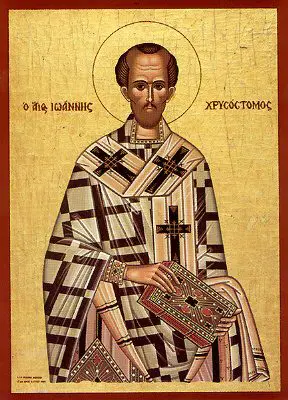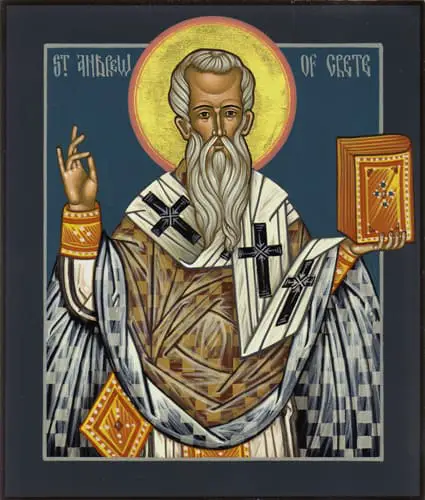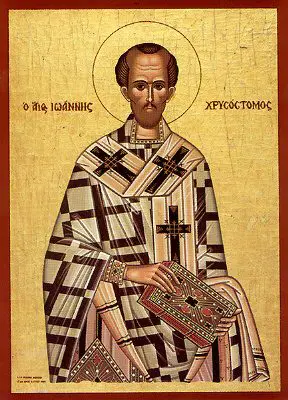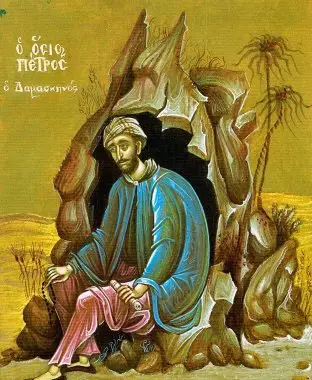Bridegroom Matins: Hymn of Cassia
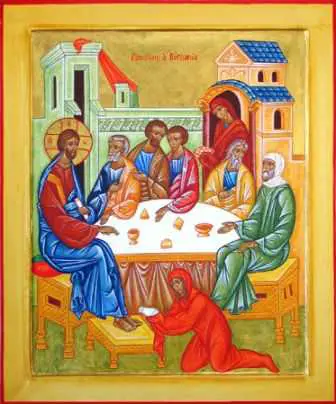
The woman had fallen into many sins, O Lord,
yet when she perceived Thy divinity,
she joined the ranks of the myrrh-bearing women.
In tears she brought Thee myrrh before Thy burial.
She cried, “Woe is me!
For I live in the night of licentiousness,
shrouded in the dark and moonless love of sin.
But accept the fountain of my tears,
O Thou who didst gather the waters of the sea into clouds.
Bow down Thine ear to the sighing of my heart,
O Thou who didst bow the heavens in Thine ineffable condescension.
Once Eve heard Thy footsteps in paradise in the cool of the day,
and in fear she ran and hid herself.
But now I will tenderly embrace those pure feet
and wipe them with the hair of my head.
Who can measure the multitutde of my sins,
or the depth of Thy judgements, O Savior of my soul,
Do not despise Thy servant in Thine immeasurable mercy.
+ Hymn of Cassia (Tone 8) of Bridegroom Matins of Holy Wednesday
Bridegroom Matins: Hymn of Cassia Read More »
